The Anesthesiology Critical Care Medicine (ACCM) Fellowship at Washington University School of Medicine in St. Louis offers multidisciplinary training at one of the nation’s consistently ranking top-10 leading academic medical centers. The 12-month program is dedicated to preparing outstanding intensivists for rewarding careers in critical care medicine and provides comprehensive training in a supportive and stimulating environment.
Fellows spend at least nine months receiving clinical training in our various high acuity ICUs. The remaining three months are spent gaining focused expertise in a wide selection of electives. (We also offer an approved EM/CCM 24-month training cycle.) Fellows pursue mentored projects in basic or clinical research and receive weekly didactics from expert faculty. Critical care medicine fellowship applicants must be board-eligible in anesthesiology, surgery, obstetrics, or emergency medicine. The Accreditation Council for Graduate Medical Education (ACGME) has approved the program since its inception (over 25 years ago). The ACCM Fellowship has a close educational relationship with the Adult Cardiothoracic Anesthesiology Fellowship and annually recruits fellows into dual training slots for both programs.
The School of Medicine also offers critical care fellowship programs in surgery, pulmonary medicine, and neurology/neurosurgery. All CCM Fellowship programs work together to create a multidisciplinary training environment. The institution’s breadth of expertise in critical care medicine provides a rich learning environment for all its critical care fellows.
Trauma, burn, transplant, and surgical intensive care unit (SICU)
A closed ICU that comprises 36 beds allocated to an array of critically ill or injured surgical patients requiring pre-operative stabilization, post-operative intensive care after elective or emergency surgery, or critical care following complications of surgical illnesses. Patients admitted to the SICU arrive from all the surgical subspecialties, thus providing a broad base of experiences to trainees.
Cardiothoracic intensive care unit (CTICU)
A closed 36-bed unit devoted to the perioperative care of a diverse mix of routine and complex cardiac and thoracic surgical patients. Among other strengths, we have world-class lung transplantation, cardiac transplantation, mechanical cardiac support devices (LVAD, ECMO), complicated valvular repair/ replacement, and aortic repair programs.
Additional ICU’s
Fellows also spend mandatory time rotating in our academic medical ICU, dedicated surgical oncology ICU, and one of our large high acuity community mixed ICUs. Additional electives in the coronary care unit and neurology/neurosciences ICU are available. This broad clinical exposure ensures trainees will see the spectrum of critical care medicine pathology during their fellowship. Other intensive care units that play a significant role in our fellowship training include a dedicated oncology/BMT ICU, progressive care ventilator rehabilitation unit, and an emergency department trauma and critical care unit.
Our goal is to train fellows that are future leaders in the specialty of critical care medicine, and a multi-faceted didactic program underlies that goal. Our weekly multidisciplinary critical care lecture series (MDCCLS) provides the foundation for a strong base of knowledge. Attending faculty speakers from various disciplines participate, delivering a distillation of the most current thinking in all facets of critical care medicine. We also have a weekly Fellows Critical Care Lecture Series (FCCLS) with speakers from our own Division of Critical Care (view some of our previous recorded lectures). As part of the FCCLS, each fellow gives two lectures per year on the topics of their choice.
In order to ensure successful board certification post-graduation, we provide a robust CCM written board review lecture series. This also includes an in-service practice training exam during your fellowship year. Our goal is to provide trainees with all of the tools needed to become board-certified intensivists.
We have also developed a formal CCM ultrasound course aimed at preparing fellows for board certification in Advanced Critical Care Echocardiography now offered by the National Board of Echocardiography. Our CCM point of care ultrasound curriculum includes hands-on scanning, didactics, and case-based lecture review. We also have opportunities with transesophageal echocardiography (TEE) through a dedicated rotation, case-based lectures series, and simulation with our state-of-the-art TEE simulator.
At our monthly journal club and research-focused lectures, both faculty members and fellows participate in lively discussions inspired by the most current literature.
Our monthly clinical outcomes and unit-based quality Improvement meetings flush out the administrative component of training. These settings provide a forum to discuss patient safety and opportunities to improve our delivery of critical care medicine. Each fellow will be responsible for the completion of a quality improvement project which will often lead to publication opportunities.
Innovations in the education of our fellows are constantly being explored and expanded. Currently, we are collaborating with the nationally recognized Clinical Simulation Center at the Washington University School of Medicine to develop novel approaches to fellowship, resident, and medical student education. We host hands-on procedural labs to round out exposure to all aspects of critical care (ventilator rounds, surgical airway lab, REBOA lab, etc). Additionally, we have a web-based critical care library (journal resources and taped lectures) that provide our fellows with a consistently up-to-date, accessible learning resource.
The Department of Anesthesiology is a national leader in research and ranks second among departments of anesthesiology nationwide with over $23.7 million in National Institutes of Health funding in 2023. The School of Medicine also ranked second in NIH funding with over $583.6 million awarded in 2023.
Clinical and basic science investigations occur in all the subspecialty areas, and many include partnerships with experts in other disciplines such as cardiology, hematology, or endocrinology. Fellows are offered mentorship in developing their own research projects, as well as encouraged to participate in ongoing research projects. All research seminars and research conferences are open to our fellows, and our monthly clinical research group is a valuable source of project development ideas.
We value national involvement, and all ACCM fellows receive membership in the Society of Critical Care Medicine (SCCM) and the Society of Critical Care Anesthesiologists (SOCCA). Fellows also have access to discretionary funds to facilitate attendance at national meetings.
This fellowship program participates in the San Francisco Match’s Central Application Service and is approved by the Accreditation Council for Graduate Medical Education (ACGME).
Critical care medicine trainees must be board-eligible in anesthesiology, surgery, obstetrics, or emergency medicine.
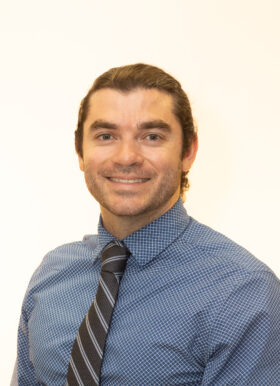
Larry Benjey, MD
Critical Care Medicine Fellow
Medical School: University New Mexico School of Medicine
Residency: Denver Health Emergency Medicine Residency Program
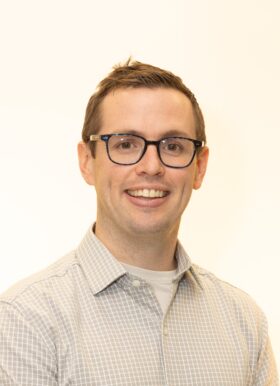
Brandon Chaffay, MD
Critical Care Medicine Fellow
Medical School: University College Dublin School of Medicine
Residency: George Washington University Hospital Emergency Medicine Residency Program
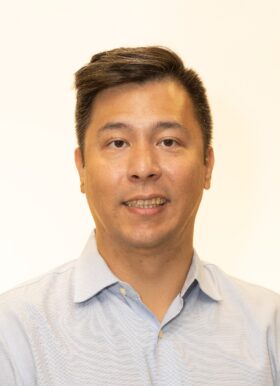
David Dukes, MD
Critical Care Medicine Fellow
Medical School: Augusta University
Residency: University of Tennessee-Chattanooga Emergency Medicine Residency Program
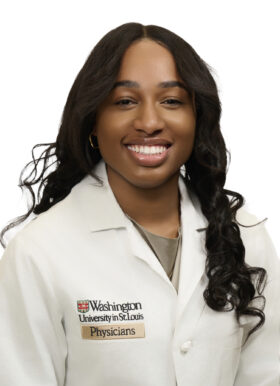
Brittney Gordon, MD
Critical Care Medicine Fellow
Residency: Emory University School of Medicine — Emergency Medicine
Medical School: George Washington University School of Medicine and Health Sciences
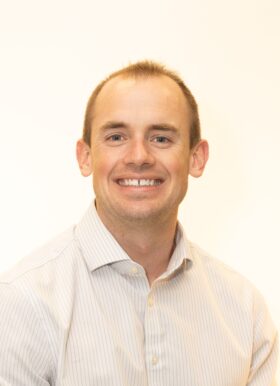
Josh Helm, MD
Critical Care Medicine Fellow
Medical School: Tulane School of Medicine
Residency: Sinai-Grace Emergency Medicine Residency
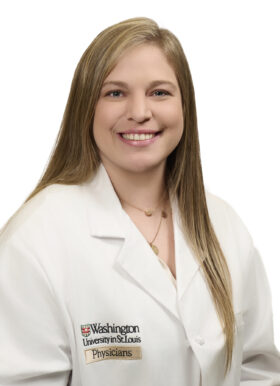
Brittni Lanoux, MD
Critical Care Medicine Fellow
Residency: LSU New Orleans — Anesthesiology
Medical School: LSU Health Shreveport School of Medicine
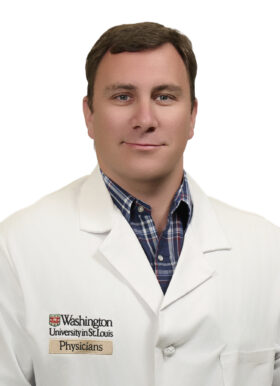
Alexander Lewis, MD, MBA, MPH
Dual ACTA/CCM Fellow (2025)
Medical School: St. George’s University School of Medicine
Residency: University of New Mexico
Fellowship: Washington University School of Medicine in St. Louis — Cardiothoracic Anesthesiology (2024)
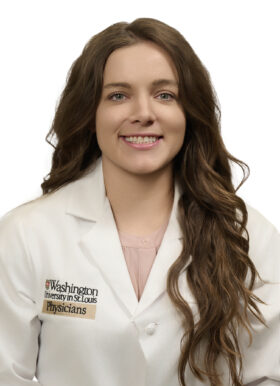
Raelyn Lorsen, MD
Critical Care Medicine Fellow
Residency: University of Utah — Emergency Medicine
Medical School: University of Kansas School of Medicine
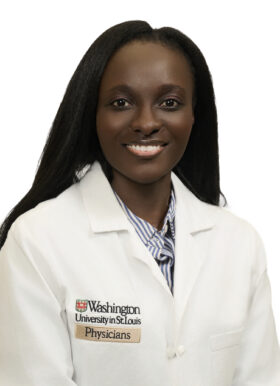
Rebecca Mutesi Balimunkwe, MD
Critical Care Medicine Fellow
Residency: Rutgers New Jersey Medical School — Anesthesiology
Medical School: University of Michigan Medical School
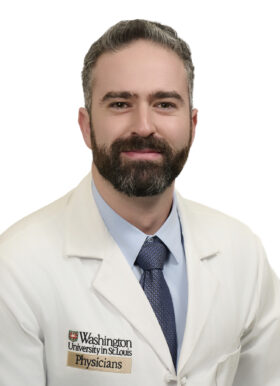
Nizar Osmani, MD
Critical Care Medicine Fellow
Residency: University of New Mexico — Emergency Medicine
Medical School: University of Miami Miller School of Medicine
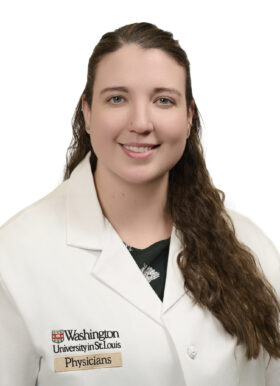
Aunaly Palmer, MD
Critical Care Medicine Fellow
Residency: Albert Einstein School of Medicine — Emergency Medicine
Medical School: University of Washington School of Medicine
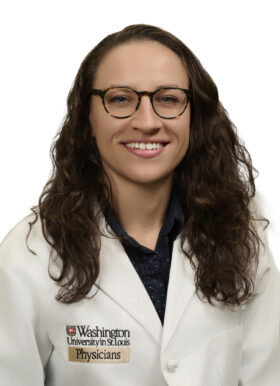
Ina Prevalska, MD
Critical Care Medicine Fellow
Residency: University of Michigan — Emergency Medicine
Medical School: The University of Texas Long School of Medicine at San Antonio

Farina Shafqa, MD
Critical Care Medicine Fellow
Medical School: Mercer University School of Medicine-Georgia
Residency: Emory University Emergency Medicine Residency Program
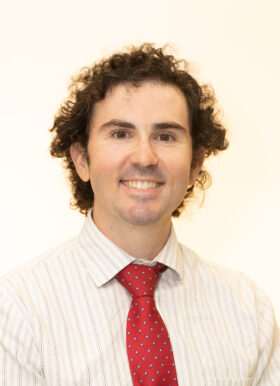
William Spinosi, DO
Critical Care Medicine Fellow
Medical School: Rowan School of Osteopathic Medicine-Stratford (Rowan SOM)
Residency: Lehigh Valley Health Network/USF Residency Program
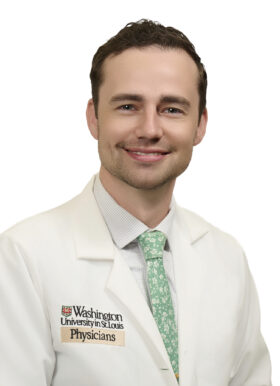
Craig Sweeney, MD
Critical Care Medicine Fellow
Residency: Virginia Commonwealth University Health System — Emergency Medicine
Medical School: University of North Carolina School of Medicine
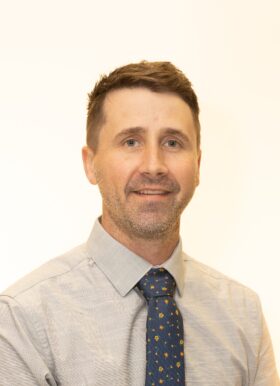
Aaron Wille, MD
Critical Care Medicine Fellow
Medical School: Oregon Health & Science University School of Medicine
Residency: Kaweah Health (Kaweah Delta Health Care District) Emergency Medicine Residency Program
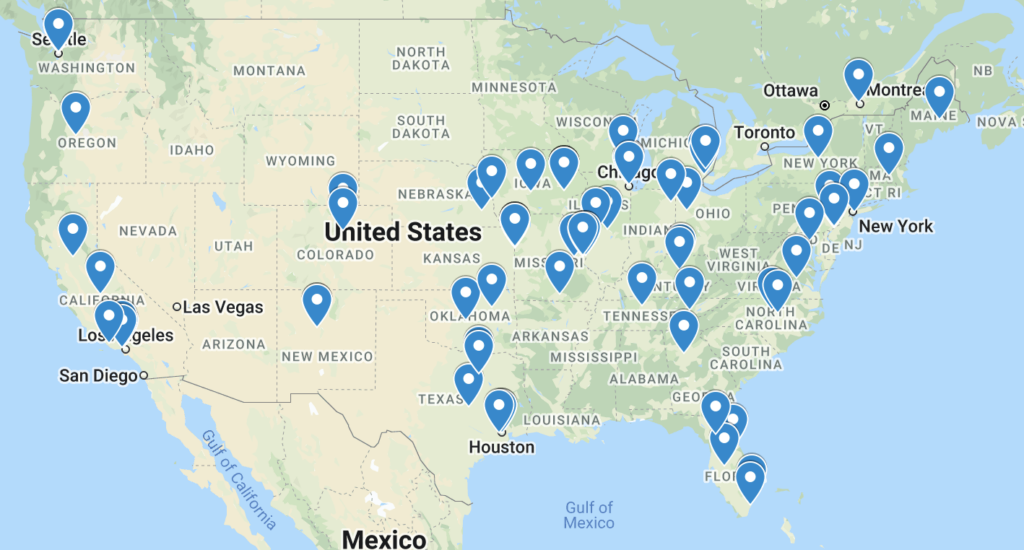
Where are our fellows now?
Our fellows go on to work at some of the top institutions in the world.
Data on the map below represents our past trainees from 1996.
